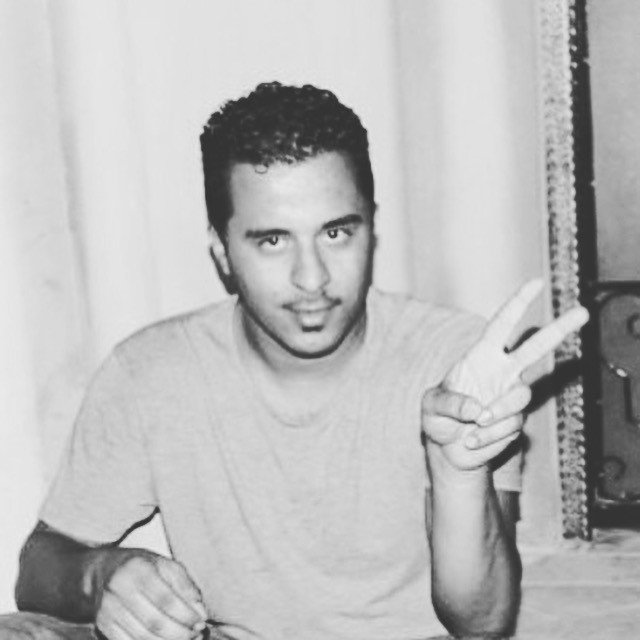Bahrain refers first civilian case to military court in another example of ongoing efforts to deny justice and fair trial

ICSFT, Geneva - This is the first time Bahrain has referred a civilian case to military court since the King ratified a constitutional amendment in April 2017, according to Amnesty International. On May 9, 2017, the case of Fadhel Sayed Abbas Hasan Radhi, arrested in September 2016 and victim of enforced disappearance, was transferred to the military court by Bahrain’s public prosecution. No information on Radhi’s charges were provided.
The King of Bahrain approved a constitutional amendment in April 2013 allowing military courts the right to try civilians, and not only army and security personnel. Many responded with indignation as military trials in Bahrain are consciously unfair and civilians are put in front of serious danger. Such trials do not respect due process rights and violate international law. Further, is often happens that they are victims of torture while going through a strict interrogation process. “This is a shameful move by the authorities designed to strike fear in the heart of the population. It is also a serious blow for justice in Bahrain.” said Samah Hadid, Director of Campaigns at Amnesty International’s Beirut regional office.
History is repeating itself. In 2011, the first ever civilians brought in front of a military court were seven individuals facing death penalty and were sequestrated in an unknown location. No communication with family or friends was allowed. Instead of finding a remedy to the disgraceful history of unfair trials and impunity for violations, Bahrain still ignores the call and continues in the pursue of crimes against human rights and fair trials. As a matter of fact, Bahraini authorities have cracked down on political dissent, with hundreds of peaceful protesters jailed and striped of citizenship after demanding their rights to be respected.
As the 3rd cycle UPR on Bahrain just took place on May 1st and 5th 2017 at United Nations in Geneva, this news raises several concerns. Bahrain stated implementation of BICI and UPR recommendations; however torture, arbitrary detentions and executions make up the human rights environment of the country. As a matter of fact, despite claiming freedom of press and expression, the government of Bahrain repressed and closed news agencies and has not yet released human rights activist and prisoners of conscious like Nabeel Rajab who's arrested in June 2016 following a tweet and now in critical conditions. ICSFT condemns Bahrain’s constitutional amendment in regard to civilians tried in military courts as it is a serious violation of international standards. Bahrain must respect human rights and guarantee access to fair trial and justice for all civilians and proceed with implementing recommendations in order to comply with international human rights standards.

